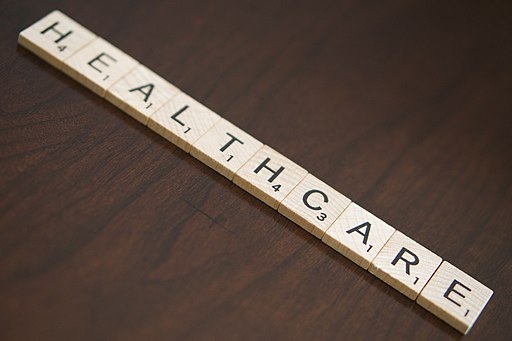One of the most hotly debated topics globally, especially in the realm of politics, is healthcare. The notion of “free healthcare” often creates an appealing mental image – a system where everyone receives the medical attention they need without worry of financial burden. Yet, the term ‘free’ is somewhat deceptive because it does not mean ‘without cost.’ Rather, the costs are redistributed via taxation. But even as we grapple with the financial aspects of healthcare, there’s a more profound concern – the need to free healthcare from the excessive control of government.
Every individual is unique, possessing different needs, beliefs, and values. It only stands to reason that our healthcare choices should reflect this diversity. Centralizing control in the hands of the government puts uniformity before individuality, potentially stifling personal liberty and impinging upon the individual’s freedom to make healthcare choices that align with their values and circumstances.
Here’s why the real “free healthcare” we need is to free healthcare from excessive governmental control.
1. Encouraging Personal Responsibility
Decentralizing healthcare fosters a culture of personal responsibility. When healthcare decisions are left to the individual, they are more likely to take proactive measures for their health and wellbeing. This might involve making lifestyle changes, seeking early interventions, or adopting preventive measures to mitigate health risks.
2. Enhancing Choice and Competition
Government-controlled healthcare often leads to a one-size-fits-all approach, which can stifle innovation and limit options. By reducing government control, we create room for more players in the healthcare sector, encouraging competition. Increased competition often leads to better services, innovative treatment options, and lower costs for consumers.
3. Ensuring Respect for Individual Autonomy
One of the central tenets of medical ethics is respect for autonomy – the patient’s right to make informed decisions about their care. This includes end-of-life choices, which can be deeply personal and rooted in individual beliefs and values. Excessive government control can interfere with this autonomy, leading to policies that may not align with the individual’s wishes.
4. Improving Efficiency and Quality of Care
Large bureaucratic systems like government-controlled healthcare often suffer from inefficiency, lack of flexibility, and slower response times. By placing control back into the hands of individuals and private entities, we could see an improvement in the efficiency and quality of healthcare services.
5. Promoting Medical Innovation
Less government control can lead to an environment that is more conducive to medical innovation. Private healthcare providers, in an effort to compete, are motivated to invest in research and development, leading to advancements in medical technology and practices.
In conclusion, the call for free healthcare must be a call for freedom within healthcare – freedom for individuals to make personal healthcare decisions, and freedom for healthcare providers to innovate and compete. It’s essential to strike a balance, ensuring that those who truly can’t afford healthcare still receive the care they need, while simultaneously freeing the system from undue governmental control.
This isn’t a simple or straightforward process, and it necessitates a thoughtful, measured approach. But it’s a worthy endeavor, one that prioritizes individual freedoms, fosters responsibility, and encourages innovation. By working towards this vision of “free healthcare,” we can create a system that respects individual autonomy, promotes health and wellbeing, and aligns more closely with the diverse needs of the people it serves.

Comments are closed